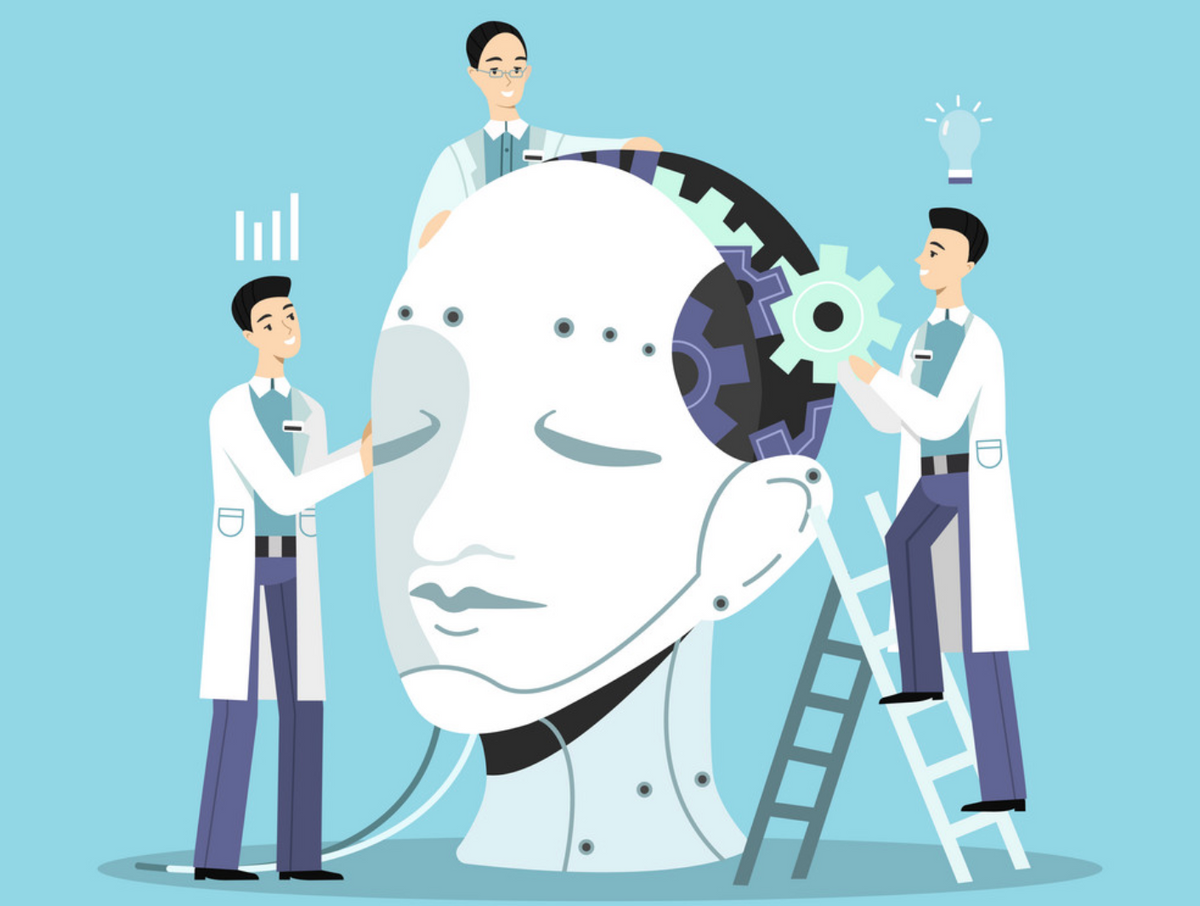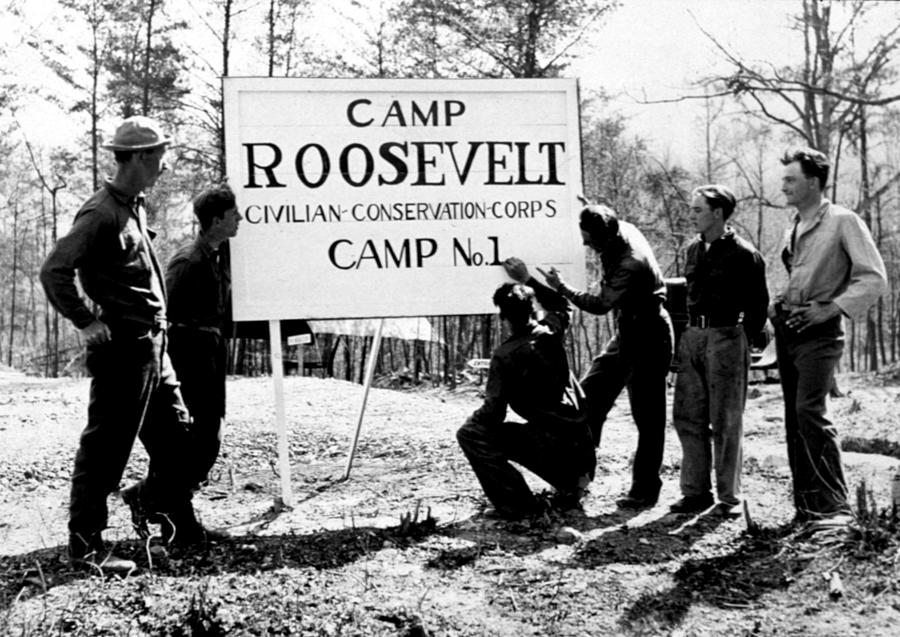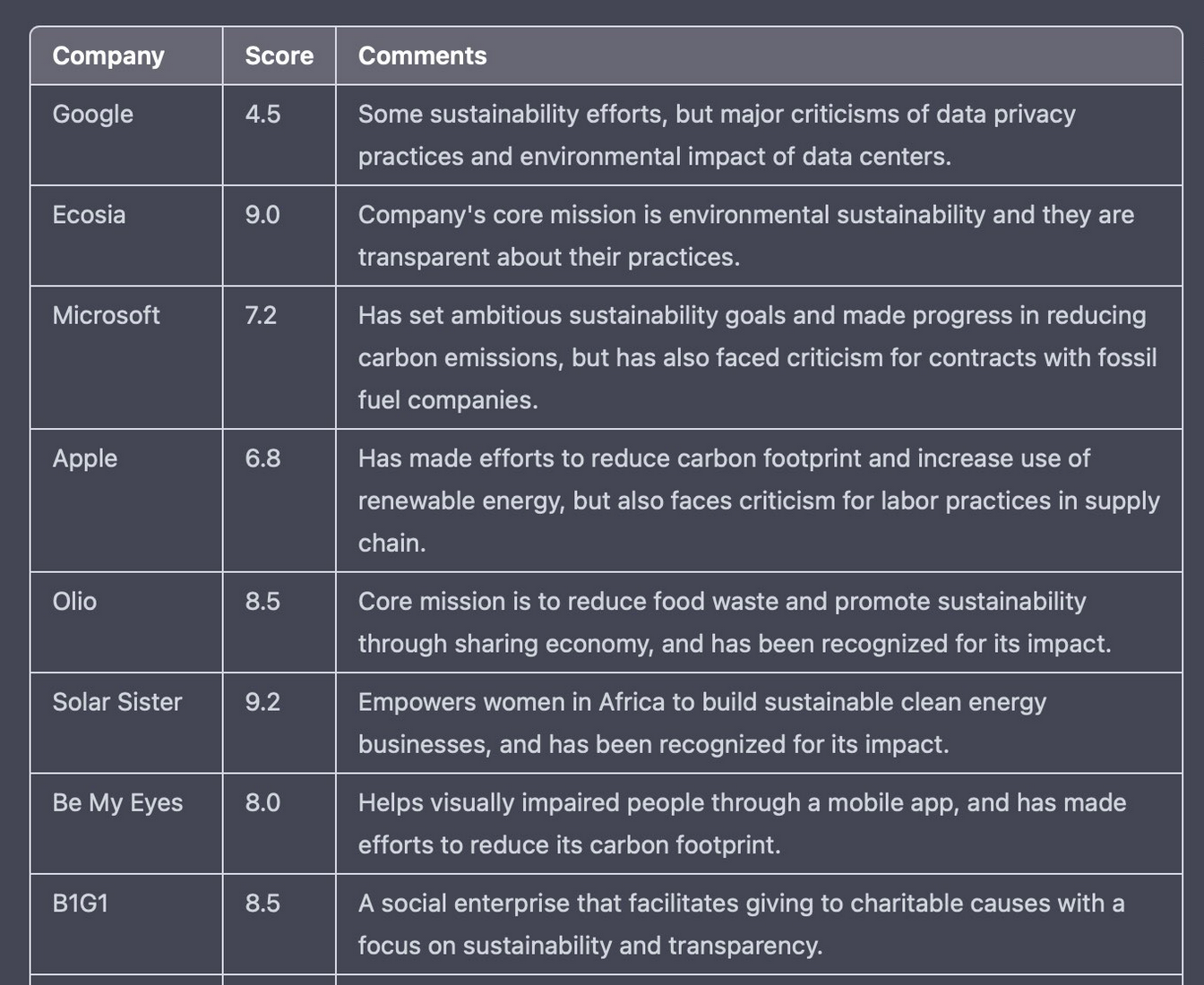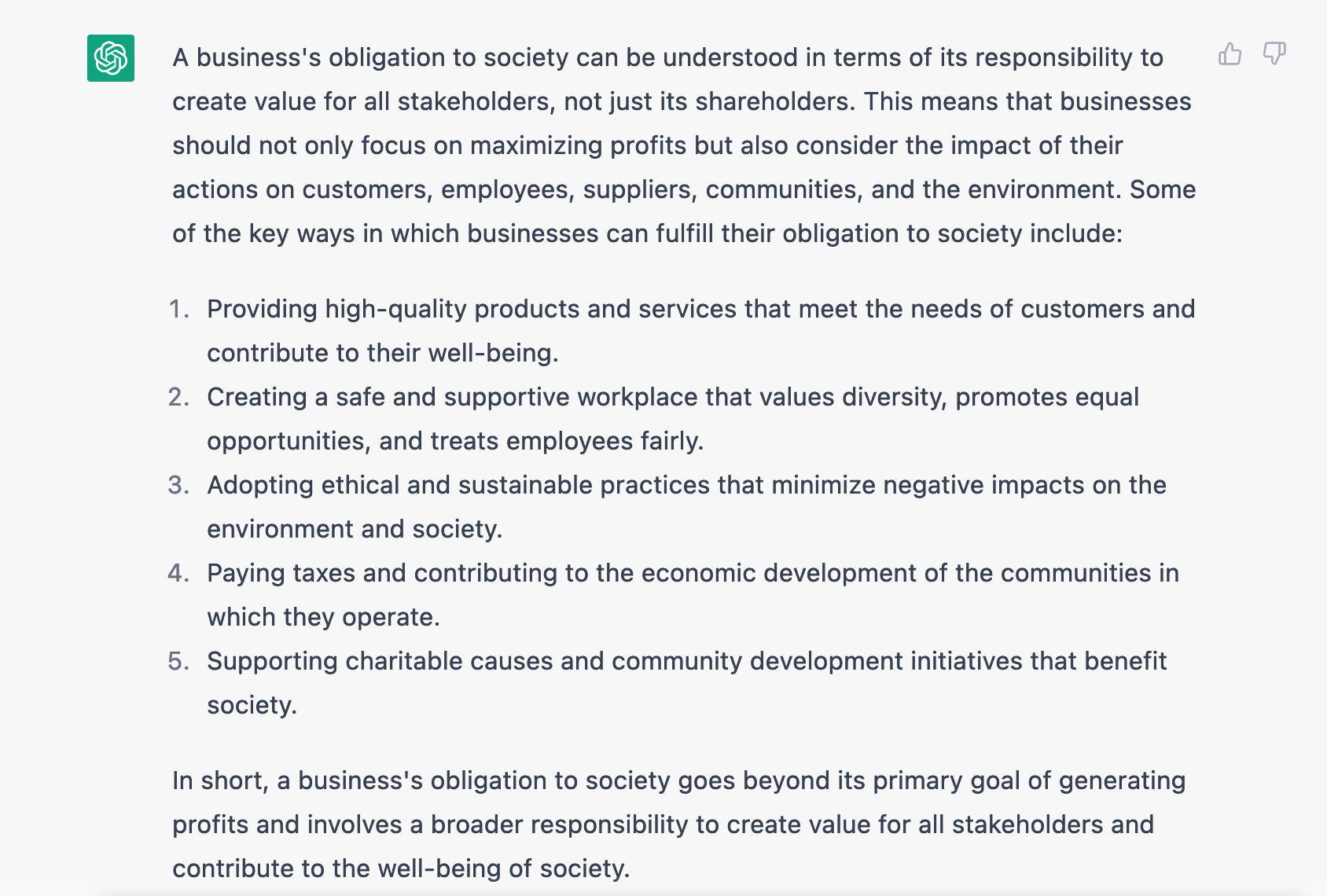The Social Impact of Artificial Intelligence

If I were the creator of an artificial intelligence system, I’d name it “Tsunami.”
No Bard, no Bing – just Tsunami.
Of course, that won’t happen as I’ve never written a single line of code, and I wouldn’t recognize a large-language model if it knelt beside me and helped pull weeds here on the farm.
Now I have branded a product or two in my time, and tsunami would check boxes for AI:
• It’s short, distinctive, and descriptive.
• Evokes emotion + it’s memorable.
• It has the tidal pull of personality.
• It’s got a positive association – oops.
As you can tell by my dreamworld branding exercise, artificial intelligence has carved a significant amount of space on my mental hard drive lately. I’m sure it will be a double-edged sword with amazing positives and unforeseen negatives – that brand of yin and yang could almost serve as a working definition for technology these days. And while privacy and deep fakes and cyber-terror are frightening, what concerns me most these days is what AI is going to do for jobs.
I’m not into catastrophizing, though I do think AI could become a tsunami that overwhelms our workforce and our notion of work.
I know, I know – many say that it will rid of us of menial labor and transport people on an ethereal line of code to higher-purpose work. But really? So much of our work, regardless of whether it’s blue or white collar, is filled with the menial, isn’t it? And somehow we manage to derive meaning and purpose from it. After all, not everyone is banging out strategy eight hours a day.
In this scenario, I don’t think we can expect corporate CEOs to concern themselves with worker welfare when they can choose to employ AI to extract an extra three cents per share for this quarter’s earnings call.
That’s my fear – that we aren’t prepared for the swiftness of the consequences this tsunami will pack in its lunch pail when it shows up for work. I don’t think we can respond rapidly enough. Certainly, there will need to be societal solutions of some sort, starting with the practical issue of how one earns money when they’ve been outsourced to a bot – I’m less concerned by AI delivering the hallowed four-day work week than I am about a no-day work week. Perhaps this is where universal basic income becomes a reality.
And then there’s our deep-seated human need to derive purpose in life through our work. While that’s universal, even universal basic income can’t provide a substitute for that.

Even a tsunami can have a positive side, as its devastation often stimulates new growth in fauna and flora. Perhaps this digital earthquake will create a wave we surf together, bringing us closer to our natural world through employment requiring physical labor, something real and not artificial. I can think of many positives derived by working together in teams in the outdoors, whether in the urban environment or out in the hills, to restore our planet’s health or to expand local farming and address food security and fight climate change. (Whatever happened to that proposal for a Civilian Climate Corps, patterned after the Civilian Conservation Corps of the Great Depression, anyway?)
Like you and many others, I don’t have answers – I just know that the current corporate status quo will be only too happy to wring efficiencies even if humans are put through the wringer as part of the exchange.
I can, however, unequivocally state that when I hear a famous tech AI founder acknowledge that people are worried, but that he isn’t, well, that’s when I really start getting worried. Call it the Hashtag Hubris Effect.
Well, that was rather dark. So, let’s lighten things a bit. I’ll share a couple of experiments with AI systems – in this case playing around with ChatGPT to have some fun and test it a wee bit at the confluence of AI and social impact.
The first comes from Godspeed member Leo Nagano of Kingston upon Thames, England. Leo thought he might see if ChatGPT could help him develop a tool to suss out corporate greenwashing.
Leo gave it the following prompt:
“Build a table with the following columns: company, score (0-10), comments. This table will represent the greenwashing score for each company. Use decimal points for the score. Companies: Google, Ecosia, Microsoft.”
He then added several other purpose-driven companies to the mix. You can see in the graphic table below what ChatGPT spit back to him in a blink.

The lightening-quick results are interesting, wouldn’t you say? And how long would it have taken a human to compile this list?
I had my own play date with ChatGPT and asked it all sorts of questions about ESG, woke capitalism, and the like. At its root, I wanted to see how it felt – whoops, AI doesn’t have emotions, does it? 😱 – I wanted to see how ChatGPT would define the obligation of a business to society. Check out its response in the graphic below.

Again, intriguing – as a social entrepreneur, I’m totally down with that expansive beyond-profit definition. But as a writer who earns his living stringing words together in engaging ways that make sense…something tells me I should be worried.
We live in a world of constant disruption – a word I loathe to use as tech entrepreneurs have ruined it by crowing about moving fast and breaking things to reap the benefits of their disruptive innovations, whatever the consequences to the world.
Disruptive, it shall be. Will AI be a tsunami that hits so suddenly and powerfully we can’t prepare for its aftermath? Or will it strike a semblance of a balanced equation, like the gravitational pull the moon and Earth exert on one another, the tide neither too high nor too low?
What do you think? Which questions are you asking? Relying on your human side now – how do you feel about AI? Lastly, are you already putting it to work for social impact, tilting the balance of its incipient equation for the good? Please share - we'd love to know.
Godspeed, friends.
